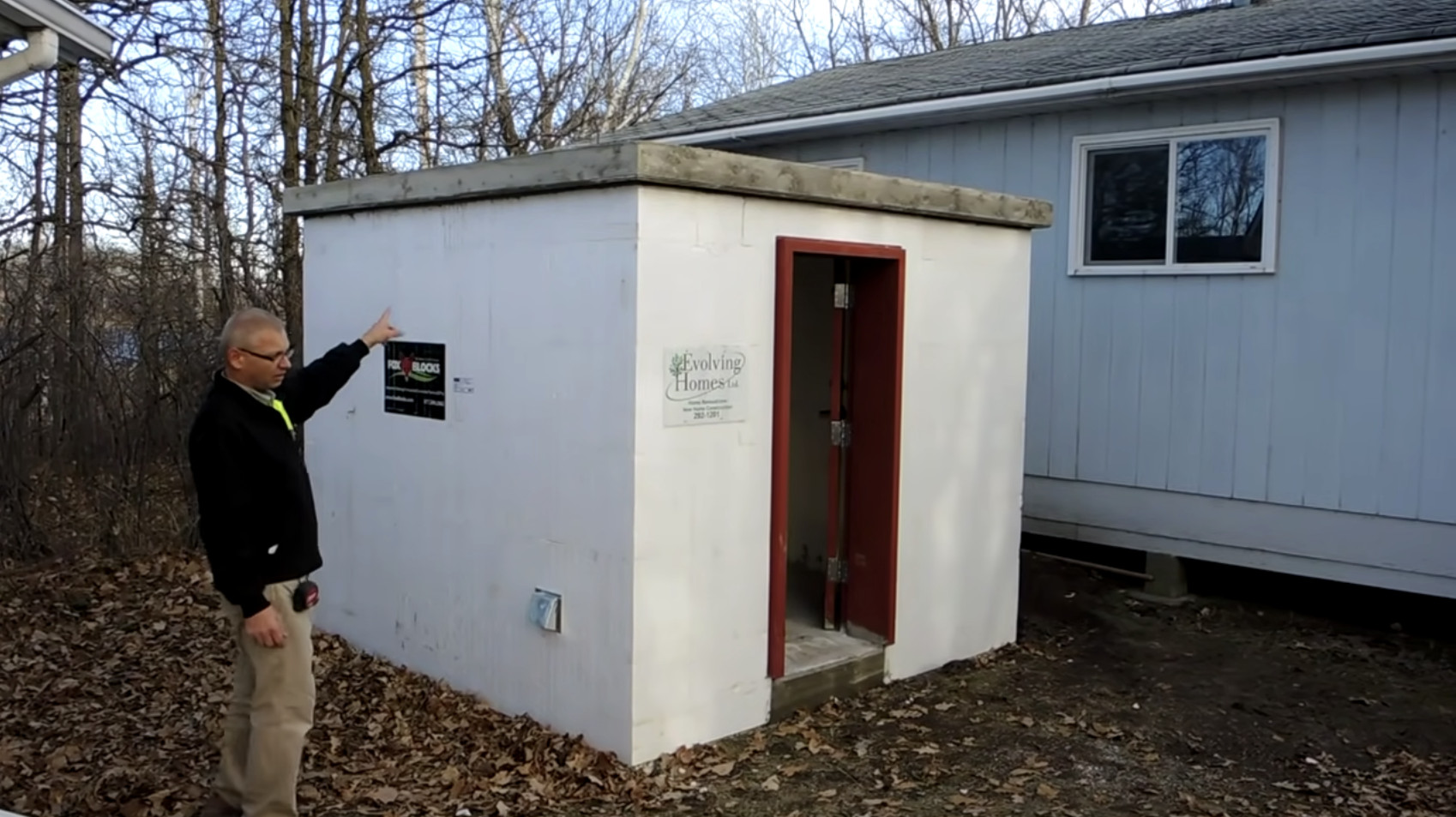
Embodied Carbon vs Operational Carbon: The ICF Advantage for Operational Carbon Buildings
The environmental impact of buildings is a key concern in modern construction, focusing on reducing carbon emissions. A clear understanding of embodied and operational carbon, along with their differences, is essential for sustainable construction strategies.

HERS Index vs Energy Star
Energy efficiency in homes is vital for both economic and environmental reasons, which is why builders have robust tools like the HERS Index and Energy Star ratings to gauge and improve the energy performance of buildings.

Understanding ICC 500 Storm Shelter Requirements and the Best Materials to Utilize
Three Key Areas give You the True Accurate Cost of the ICF you Choose

Building for Durability: The 7 Strongest Building Materials for Residential Construction
Building a home involves careful planning and meticulous construction. The materials used can dramatically impact the durability, aesthetics, and comfort of the home. This article will explore the seven most durable building materials for residential construction, and provide insights into the strongest material for building a house and the longest-lasting building materials available today.

Low Cost House Construction with Energy-Efficient Insulated Concrete Forms (ICF)

Tips for Designing ICF House Plans With a Walkout Basement

Waterproofing Below-Grade Insulated Concrete Forms

What Additional Insulation Do You Need for an ICF Home?
Easy-to-install ICF wall systems help create energy-efficient, durable, disaster-resistant, and healthy homes. But do you need additional wall insulation for ICF homes?

Understanding Insurance When Building a New Home
Understanding insurance is key when building a new home — for both homeowners and builders.